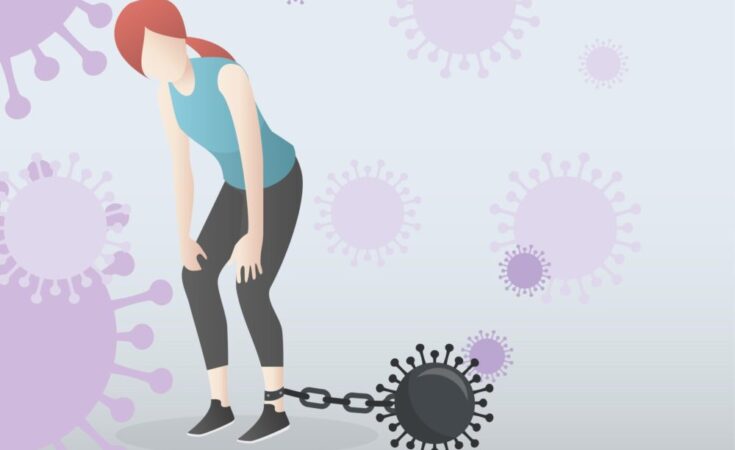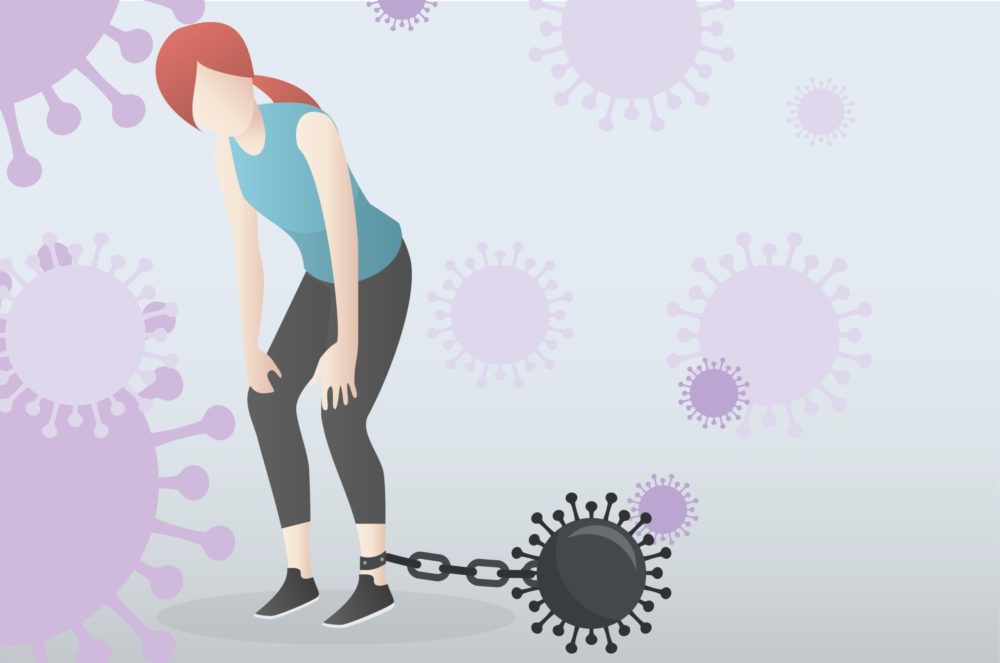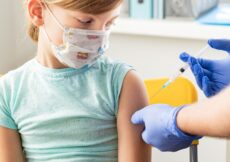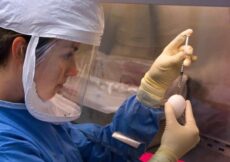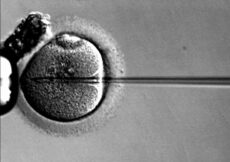May 5th, 2022
As we predicted in April, Moderna submitted a request last week to the U.S. Food and Drug Administration for authorization to use its COVID-19 vaccine in children between 6 months and 5 years old. The FDA’s vaccine advisory committee is scheduled to meet in early June to discuss Moderna’s 2-dose shot schedule and review the vaccine’s safety and efficacy profiles.
Shawn Radcliffe updates us on the results of Moderna’s clinical trials in kids under 5:
In Thursday’s news release, the company said that the vaccine was 51 percent effective against infection in children ages 6 months to under 2 years; it was 37 percent effective against infection in children ages 2 through 5.
More important than preventing any infection with SARS-CoV-2 is the vaccine’s ability to prevent serious illnesses, complications, and death from the virus. One such complication — Long COVID — occurs with alarming frequency in adults:
New UCLA research finds that 30% of people treated for COVID-19 developed Post Acute Sequelae of COVID-19 (PASC), most commonly known as “Long COVID.” People with a history of hospitalization, diabetes, and higher body mass index were most likely to develop the condition, while those covered by Medicaid, as opposed to commercial health insurance, or had undergone an organ transplant were less likely to develop it. Surprisingly, ethnicity, older age, and socioeconomic status were not associated with the syndrome even though those characteristics have been linked with severe illness and greater risk of death from COVID-19.
Carolyn Crist finds the rate of long-term symptoms of COVID-19 is nearly as high in children who become infected:
A quarter of children and teens who contract COVID-19 and have symptoms develop lingering problems, according to a new preprint study.
The long-term issues were wide-ranging and were like long COVID symptoms seen in adults, such as fatigue, sleep disorders, breathing issues, heart issues, and gastrointestinal problems.
“Children and adolescents have also physical and mental health consequences derived from COVID-19,” Sonia Villapol, PhD, the senior study author and a neuroscientist at Houston Medical Research Institute, told Reuters.
More than 80,000 children and teenagers diagnosed with COVID-19 took part in the study examining persistent symptoms after acute infection with SARS-CoV-2. About 25% had symptoms lasting at least 4 to 12 weeks. Long-COVID was more likely to develop in children and teens who were hospitalized (29%) compared with kids who were less sick. Children with severe COVID-19, obesity, allergy-related diseases, and other chronic health conditions were all more likely to have lingering symptoms once the acute infection dissipated.
Crist says the symptoms were varied and often occurred in combination in young patients with long-COVID:
The most frequent problems were mood symptoms like anxiety and depression, followed by fatigue and sleep disorders. Other common symptoms were neuropsychiatric (headaches, changes in thinking skills, dizziness, balance problems), cardiorespiratory (a hard time breathing, congestion, exercise intolerance, chest pain and tightness, coughing, irregular heart rhythm), cognitive (reduced concentration, a hard time learning, confusion, memory loss), skin-related (too much sweating, itchiness, hair loss) and gastrointestinal (loss of appetite, belly pain, constipation, diarrhea, vomiting, and nausea).
Here are other findings from the study that should have kids and teenagers (and, soon, children under 5) lining up to get a COVID vaccine (and booster shot for teens 12 and up) while the pandemic is in a lull:
When compared to kids without COVID-19, children who got the coronavirus were 10 times as likely to have a persistent loss of taste or smell, twice as likely to have long-lasting breathing problems, and twice as likely to have ongoing fever issues.
Health systems across the country including Allegheny Health Network have created specialized clinics to help people suffering long and persistent symptoms after COVID-19. Read more about the AHN Post-COVID-19 Recovery Clinic here.

